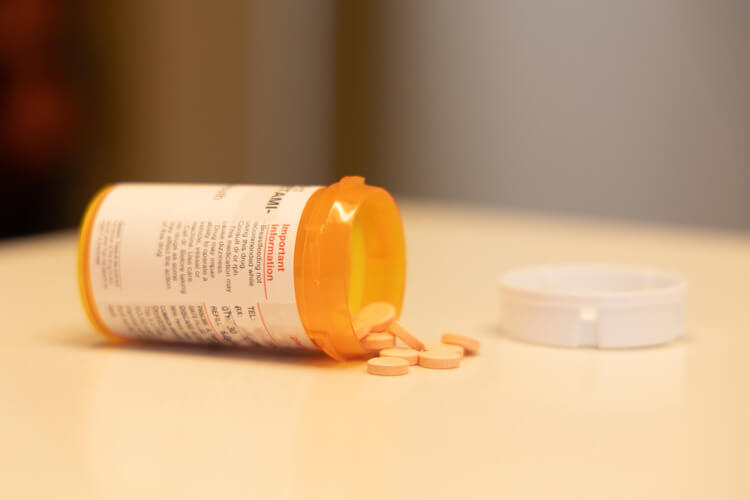The U.S. Food and Drug Administration announced a shortage of ADHD medications, or mixed amphetamines salts (MAS) salts, commonly known by the name brand Adderall, in October 2022.
Shortages in attention-deficit/hyperactivity disorder (ADHD) medications have continued into early 2023. According to the American Society of Health-System Pharmacists (ASHP), there are current shortages in both the immediate-release tablet and extended-release capsule formulations of Adderall.
In addition, ASHP posted a bulletin regarding the current shortage of methylphenidate hydrochloride extended release, known by the name brands Ritalin or Concerta, updated Jan. 10. These medications are used to treat ADHD patients who may have trouble paying attention, controlling impulsive behaviors, or be overly active.
Here’s what you need to know about the current shortage of ADHD medications.
What’s Causing the Shortages?
The current shortages could be due to a number of causes.
Dr. Robert Keder, developmental-behavioral pediatrician at Connecticut Children’s Medical Center, says the issue is likely “multifactorial.”
The two main categories of stimulants that are prescribed for ADHD, amphetamines (such as Adderall) and methylphenidate (such as Ritalin), are controlled substances. This means they are monitored for their use at different levels, including the prescription level and pharmacy level.
“So the question is, at what point is the bottleneck happening?” says Keder.
According to the FDA’s statement on the shortage of Adderall from October, the drug manufacturer Teva was experiencing intermittent manufacturing delays. While other manufacturers continued to produce amphetamine mixed salts, there was not enough supply to meet market demand.
Increased demand may also be playing a role in the current shortage. Data from Trilliant Health has found that there’s been a noticeable increase in the number of prescriptions for Adderall between 2020 and 2021 for patients ages 22-44.
While some manufacturers cannot estimate a release date for backorders at this time, manufacturers including Rhodes, Sandoz, Sun and Teva estimate release dates for extended-release capsules early this year.
How Does This Affect Patients with ADHD?
Because of the shortages, patients may find it difficult to get their prescriptions filled. Keder says he’s had several patients report difficulties getting their ADHD medication prescriptions filled at their local pharmacies.
Not having access to these medications could lead to adverse effects, especially for children who need ADHD medications.
Keder says he views ADHD medications as accessibility tools, “kind of like your executive function wheelchair.”
“It helps make things a little easier to focus or hit the brakes or control impulses,” Keder says. “And the goal is, we try to help kids use that accessibility tool to learn well and be able to get through the day without any major issues.”
Stopping these medications means patients would lose the accessibility tool, which could impact their daily lives, Keder says.
What Should Parents Do?
There are steps parents can take to manage ADHD medications during the shortage.
One thing Keder recommends is to call in for refills on ADHD medications just under a week before you run out. This will provide a buffer in cases where your pharmacy is out of stock and can’t refill the prescription right away.
If you find that your pharmacy doesn’t have your medication in stock, Keder says parents can “do a little detective work” to find another pharmacy nearby that does have the correct medication in stock. Then, you can ask your doctor to change the prescription to the in-stock pharmacy.
Keder says navigating this medication shortage is largely about thinking ahead.
“It’s about planning,” Keder says. “A lot of this is, how do we respond and plan ahead in response to the emergency that’s going on?”
–Via New York Family

































